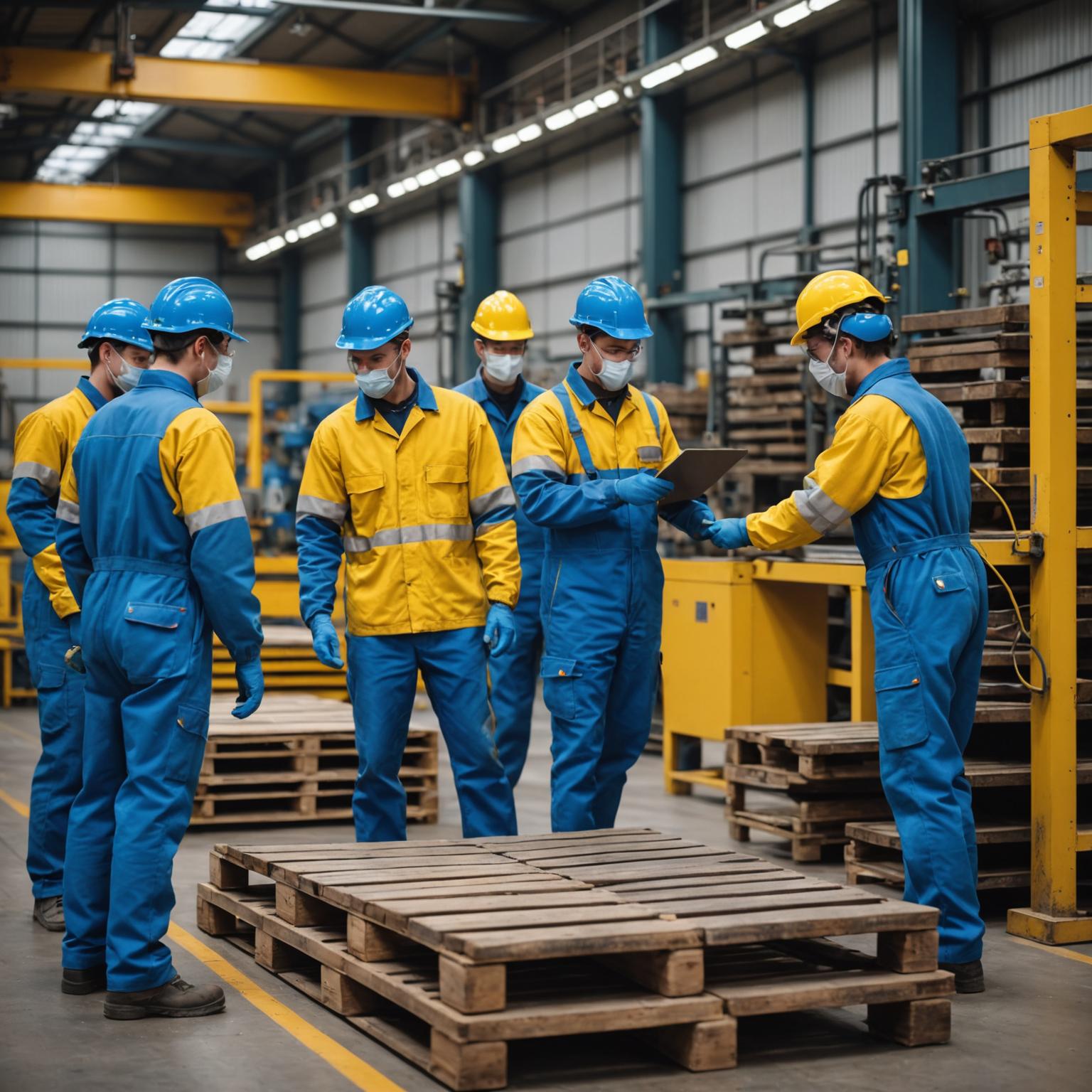Introduction to Stainless Steel Coils
Stainless steel coils are a critical component in various industries due to their unique properties and versatility. Often lauded for their rust and corrosion resistance, stainless steel coils provide longevity in applications where other materials might fail. Understanding the areas where stainless steel coils are mainly used can offer insights into their importance in modern industrial processes and how they contribute to efficiency and innovation.

Applications in Construction and Architecture
The construction industry extensively utilizes stainless steel coils due to their durability and resistance to elements. Their strength supports frameworks in buildings, ensuring structural integrity. Furthermore, the aesthetic appeal of stainless steel, with its reflective, mirror-like finish, makes it a preferred choice for architectural facades and artistic installations that seek to capture modern elegance. Because of their ability to withstand harsh weather conditions without corroding, these coils are an ideal choice for outdoor applications.
Role in Automotive and Transportation
In the automotive industry, stainless steel coils are indispensable for manufacturing various vehicle parts. Their malleability and strength contribute significantly to the production of exhaust systems, engine components, and structural supports. The benefits of using stainless steel coils in transportation extend to increased fuel efficiency due to the material's lightweight nature without compromising durability. This attributes to the industry's push towards sustainability, helping reduce emissions and improve vehicle lifespans.
Significance in Manufacturing and Industrial Equipment
Stainless steel coils are also prominent in larger manufacturing settings, where precision and consistency are critical. They serve as essential materials for producing machinery parts that require high resilience. Their rust-resistant properties minimize maintenance and downtime, leading to cost savings and enhanced operational efficiency. Furthermore, as industries expand to meet global demand, the versatility of stainless steel coils in manufacturing supports the evolution of new, energy-efficient machinery.
Environmental Sustainability and Innovative Practices
The production and utilization of stainless steel coils embody advanced sustainability practices. Modern manufacturing techniques emphasize recycling and reducing waste, aligning with environmental goals while maintaining product quality. Stainless steel's ability to be recycled without degradation of quality makes these coils an eco-friendly option that supports long-term industrial sustainability initiatives.
In conclusion, the widespread applications of stainless steel coils across diverse industries highlight their significance in advancing global industrial capabilities. Their robustness, environmental sustainability, and adaptability make them a cornerstone of modern material science, ultimately propelling the future through innovation and responsibility.








